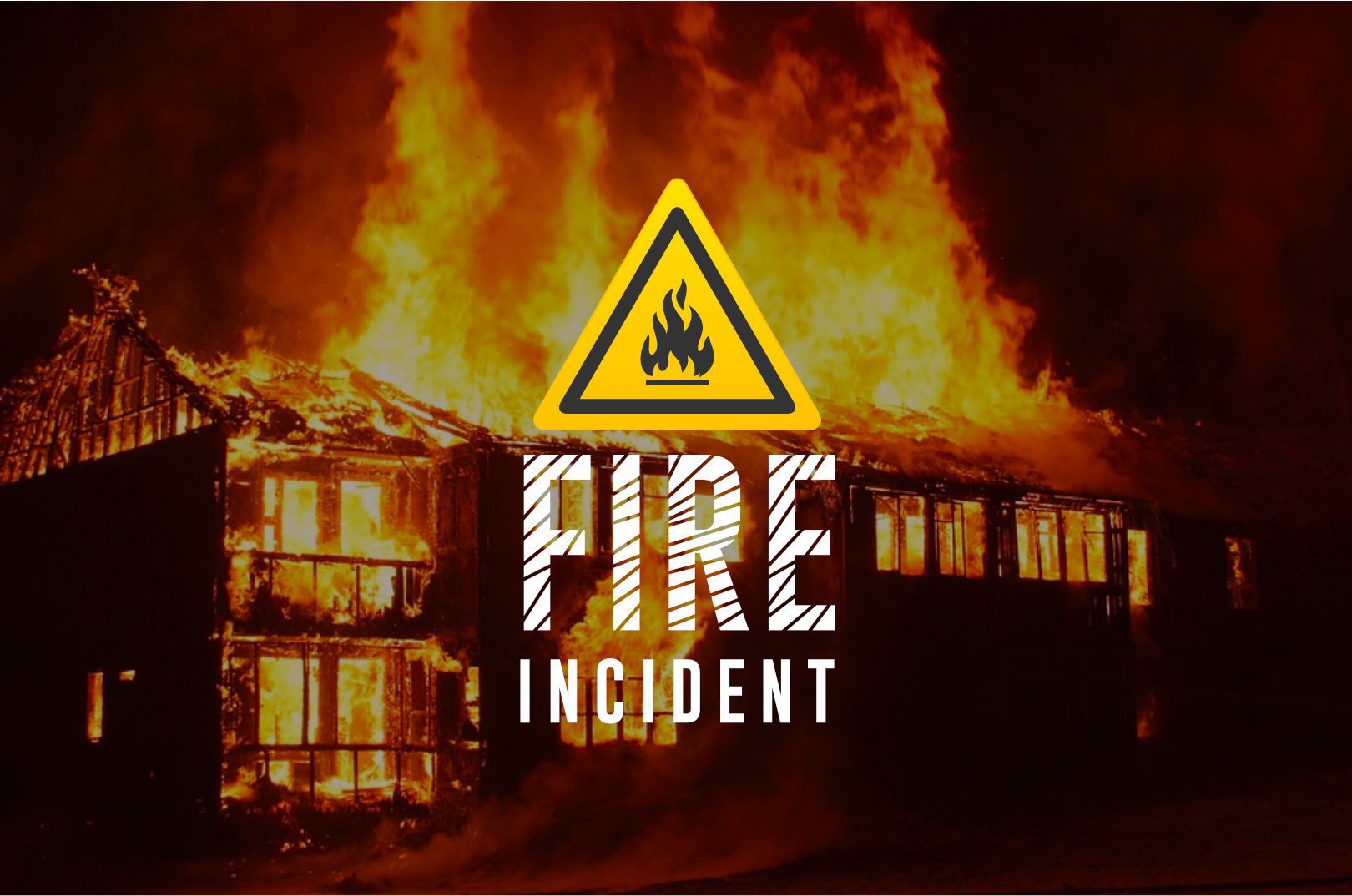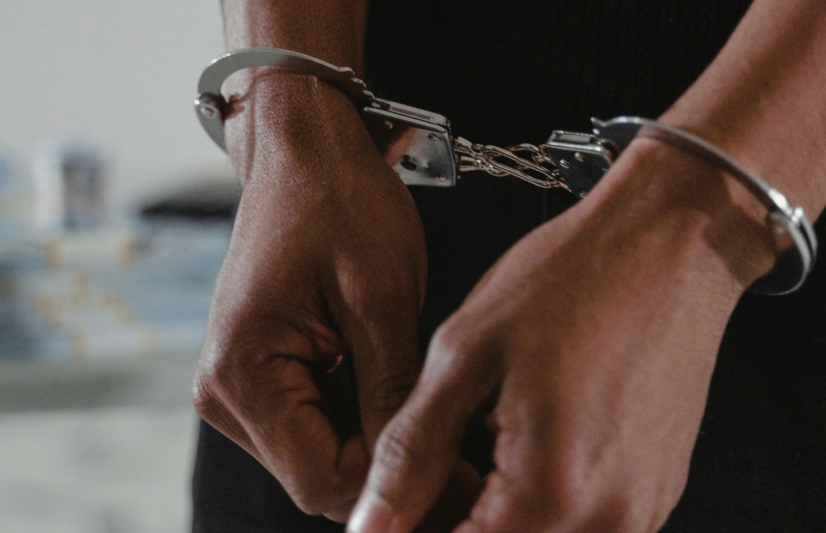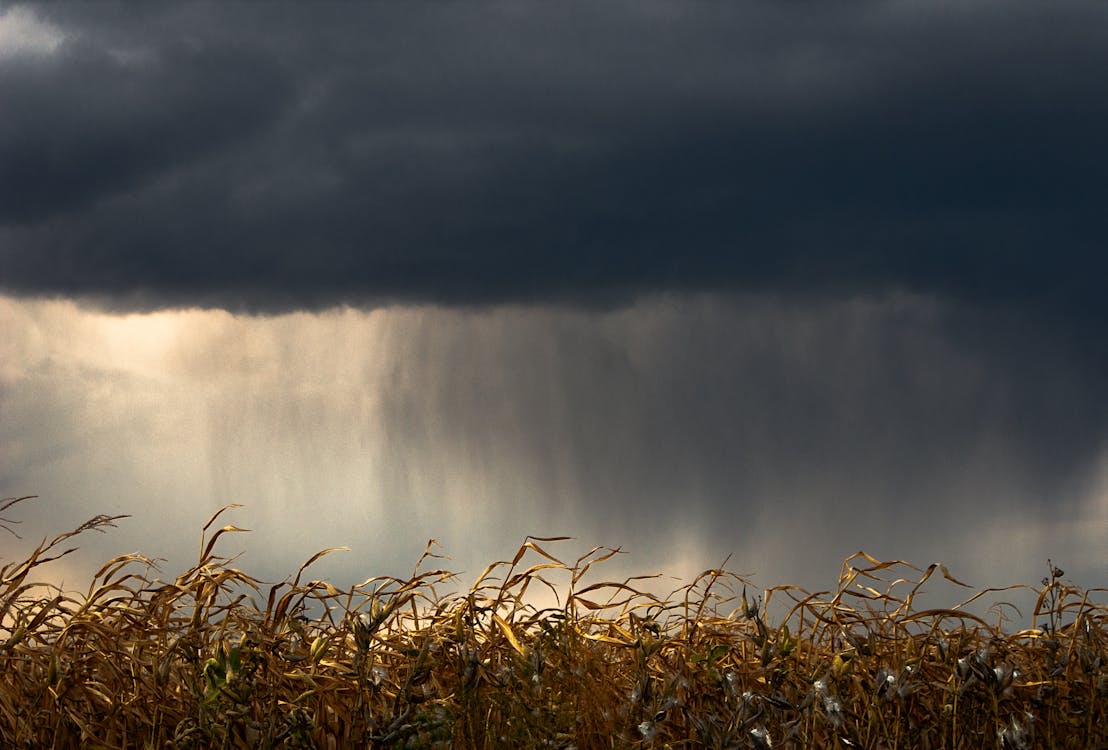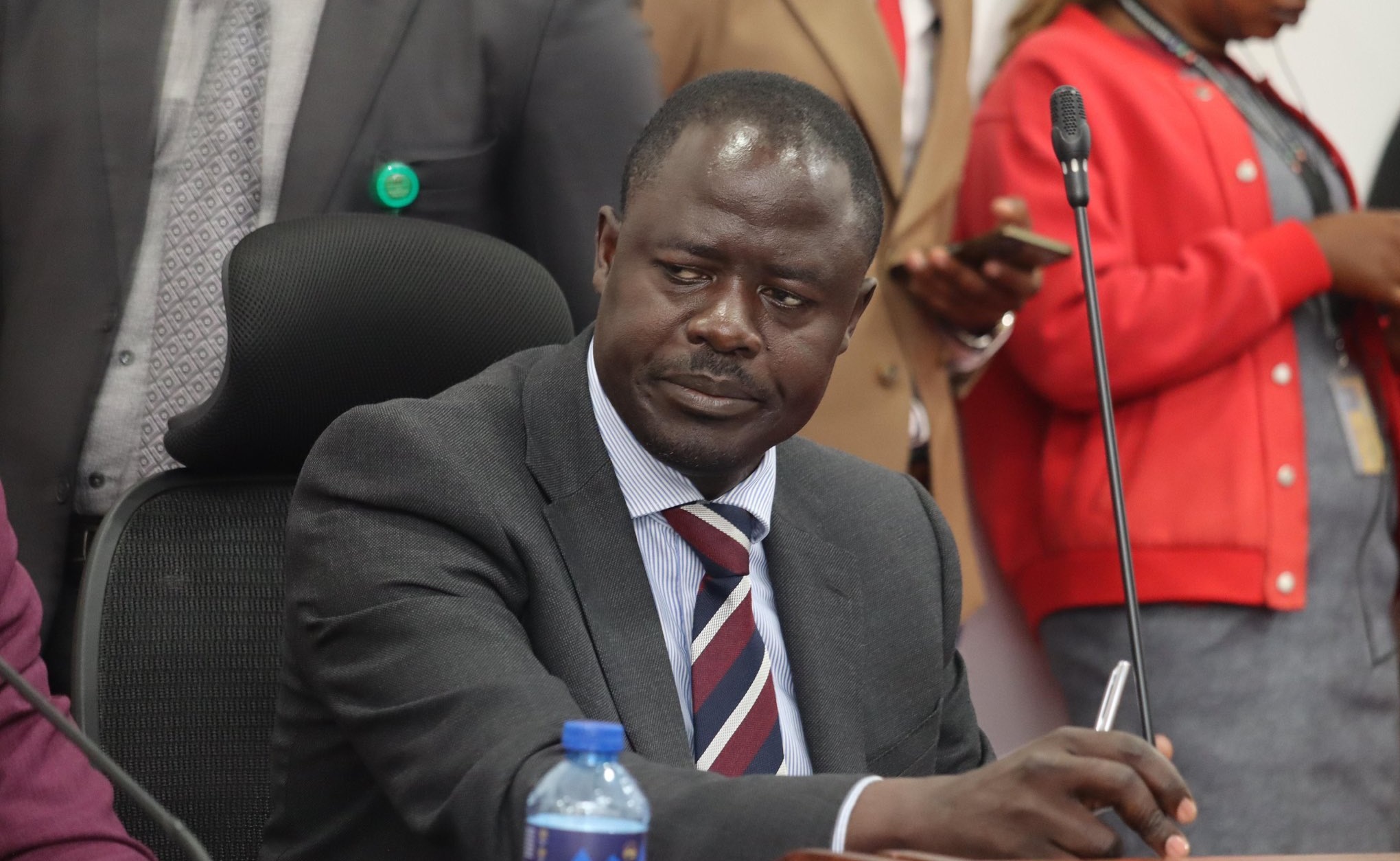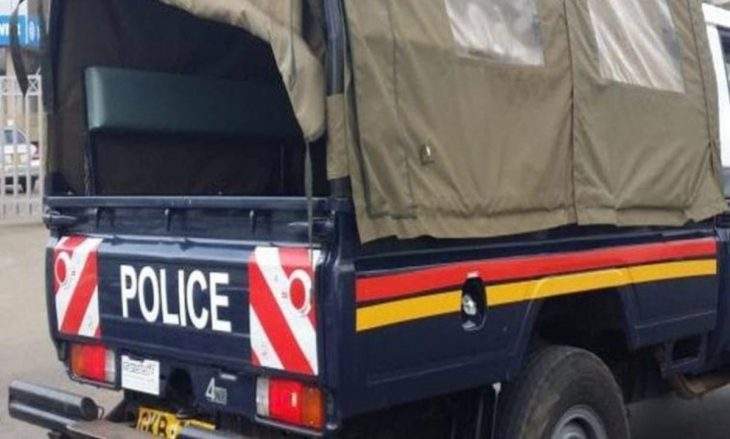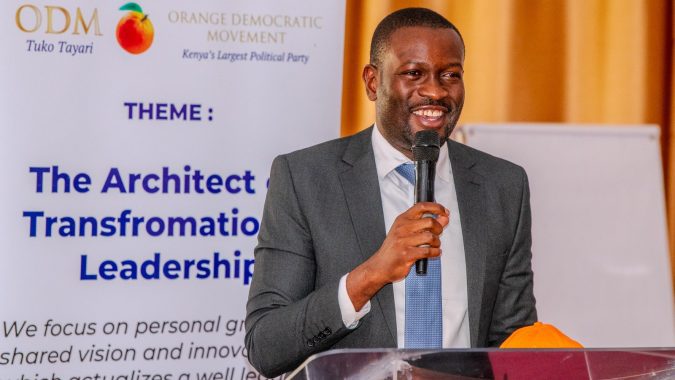‘Endeni nyumbani, muoge, murudi kazi’ – airport workers told after strike is called off
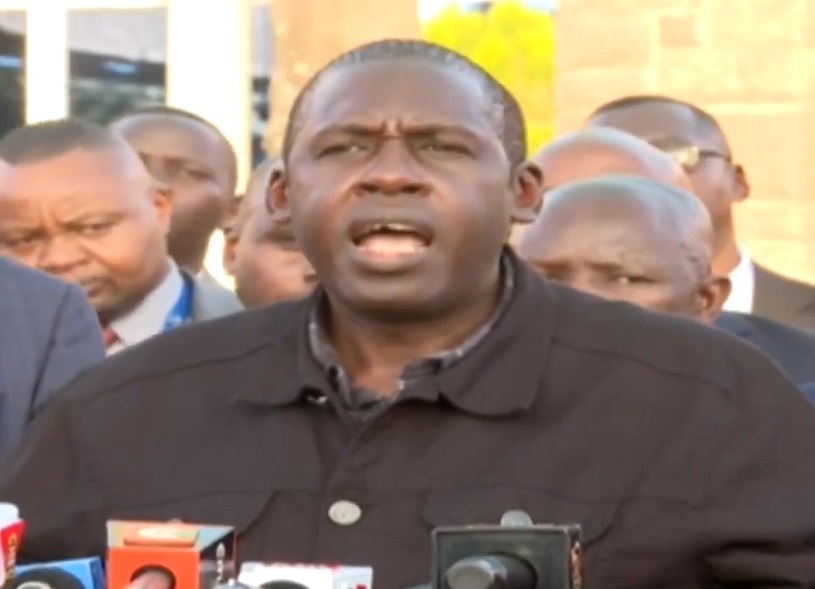
The Kenya Aviation Workers Union (KAWU) on Wednesday evening, September 11, 2024, decided to end its strike after a full day of paralyzing air travel across Kenya’s main airports.
Moses Ndiema, the Secretary General of KAWU, announced that Jomo Kenyatta International Airport (JKIA) in Nairobi, which faced the brunt of the strike’s impact, would soon be back to normal operations.
The resolution to call off the strike followed intensive discussions between union leaders and government officials, including Transport Cabinet Secretary Davis Chirchir, Kenya Airports Authority (KAA) acting managing director Henry Ogoye, and Central Organization of Trade Unions (Cotu) Secretary General Francis Atwoli.
Following the negotiations, Ndiema addressed the media, urging the striking airport employees to return to their posts.
He also appealed to the government to ensure there were no punitive actions taken against workers who participated in the strike.
To facilitate a smooth return, Ndiema called on the KAA to assist employees in resuming their duties promptly.
He encouraged workers currently on shift to take a short break, freshen up, and return to work as soon as possible.
“Program ya kurudi kazi, labda kuna wale wanahitajika kukua kazi saa hizi, hamuko kwa uniform. Tunaomba KAA management lazima iwafacilitate kama ni wale wanataka kuenda nyumbani uende uoge ukuje kazi, sindio ni sawasawa,” Ndiema stated.
The strike caused significant disruptions at JKIA, Moi International Airport in Mombasa, Kisumu International Airport, and Eldoret International Airport, leaving travelers stranded and forcing multiple cancellations and delays.
The strike was prompted by the government’s proposal to lease JKIA to the Adani Group, an Indian conglomerate.
This plan raised alarm among the union members, and negotiations with government representatives had broken down, leading to the walkout.
When announcing the strike, KAWU Secretary General Moses Ndiema outlined several concerns. These included fears that the lease deal could result in job losses, the introduction of foreign labour, and deteriorating working conditions for airport staff.
The union’s grievances went beyond the lease itself. KAWU demanded the removal of the KAA Board of Directors and three top managers, citing incompetence and poor handling of the proposed leasing agreement.
The union was firm in its stance that unless the government fully abandoned the proposed deal and the KAA leadership resigned, it would consider resuming the strike.
Author
Martin Oduor
The alchemist of literary works - a master wordsmith with a proven record of transforming the raw materials of language into a rich tapestry of emotion, thought, and imagination.
View all posts by Martin Oduor
